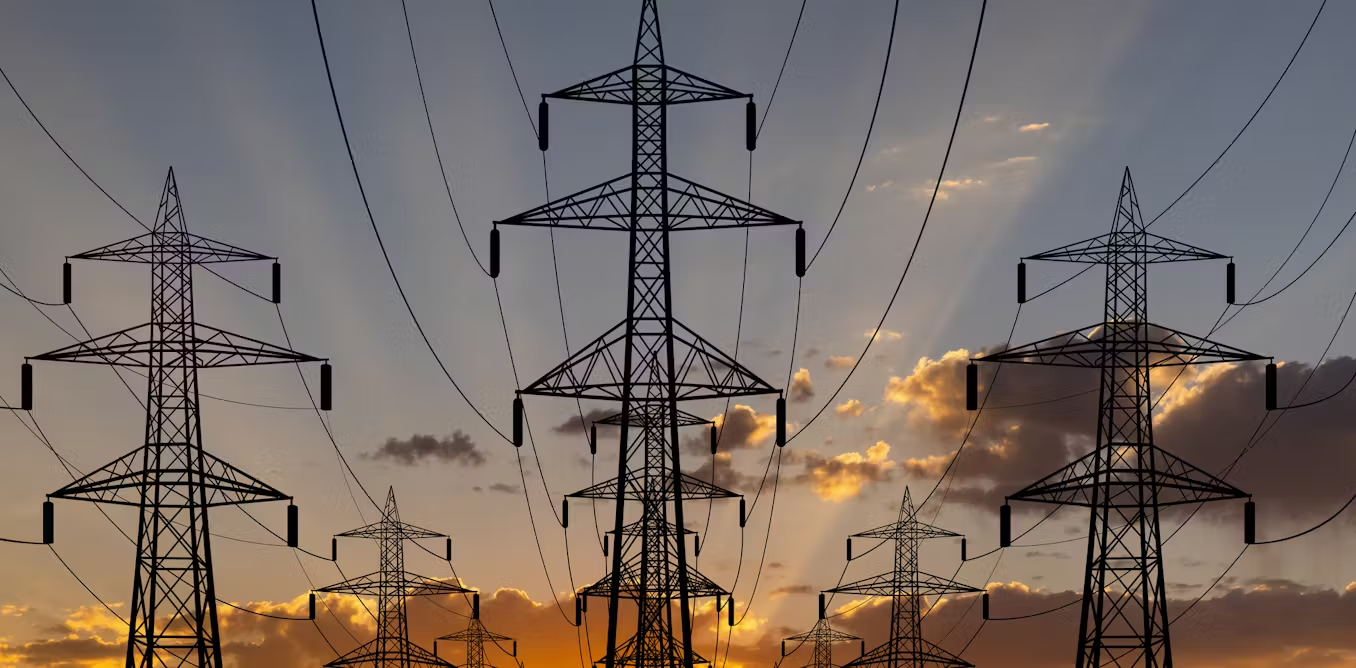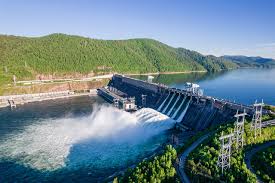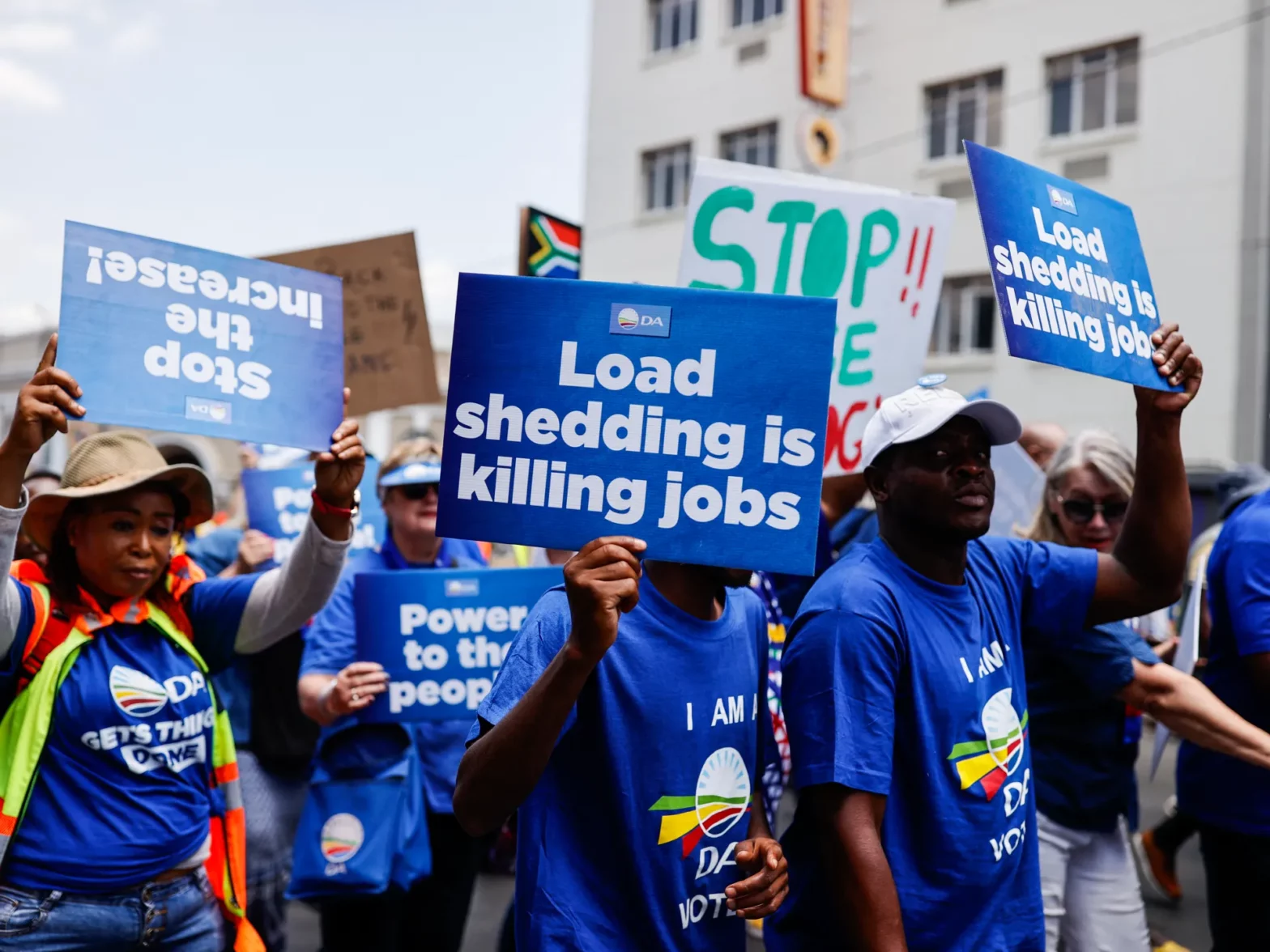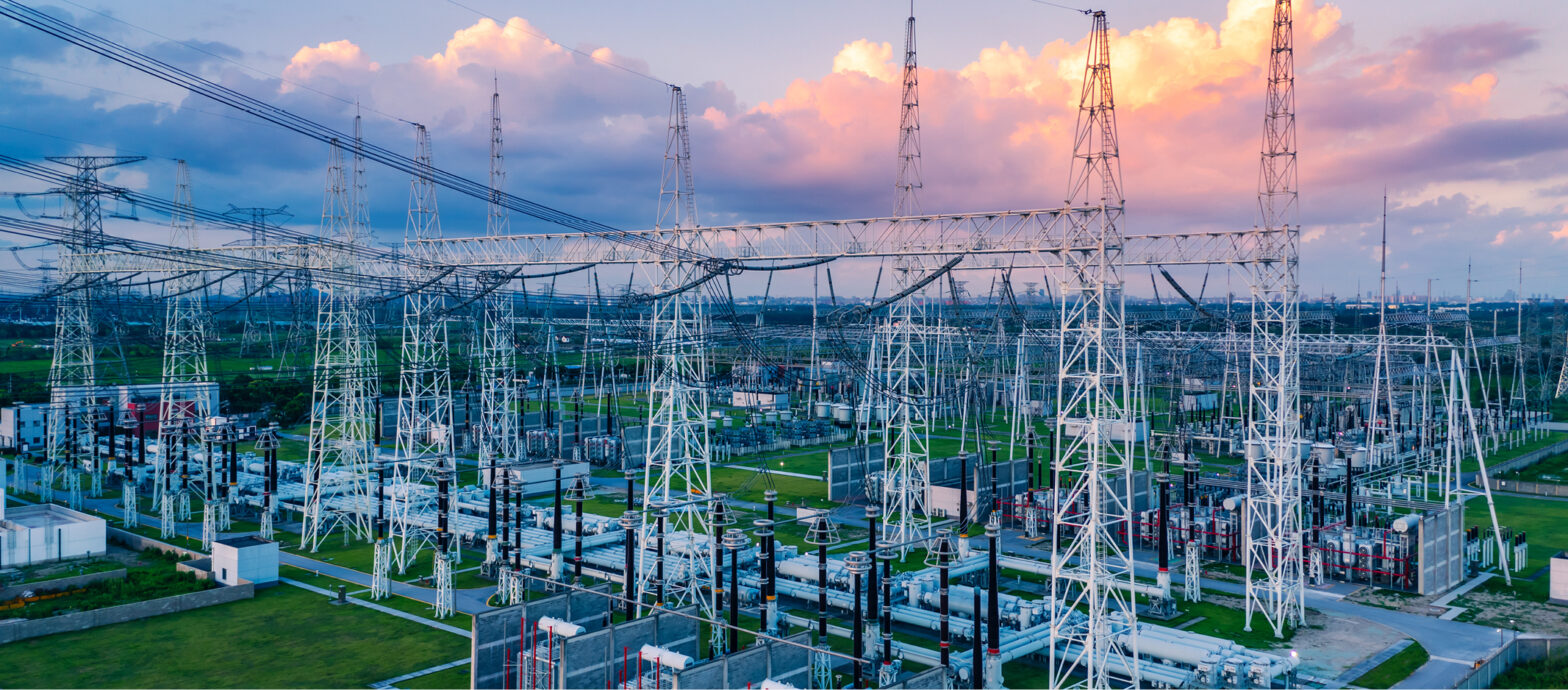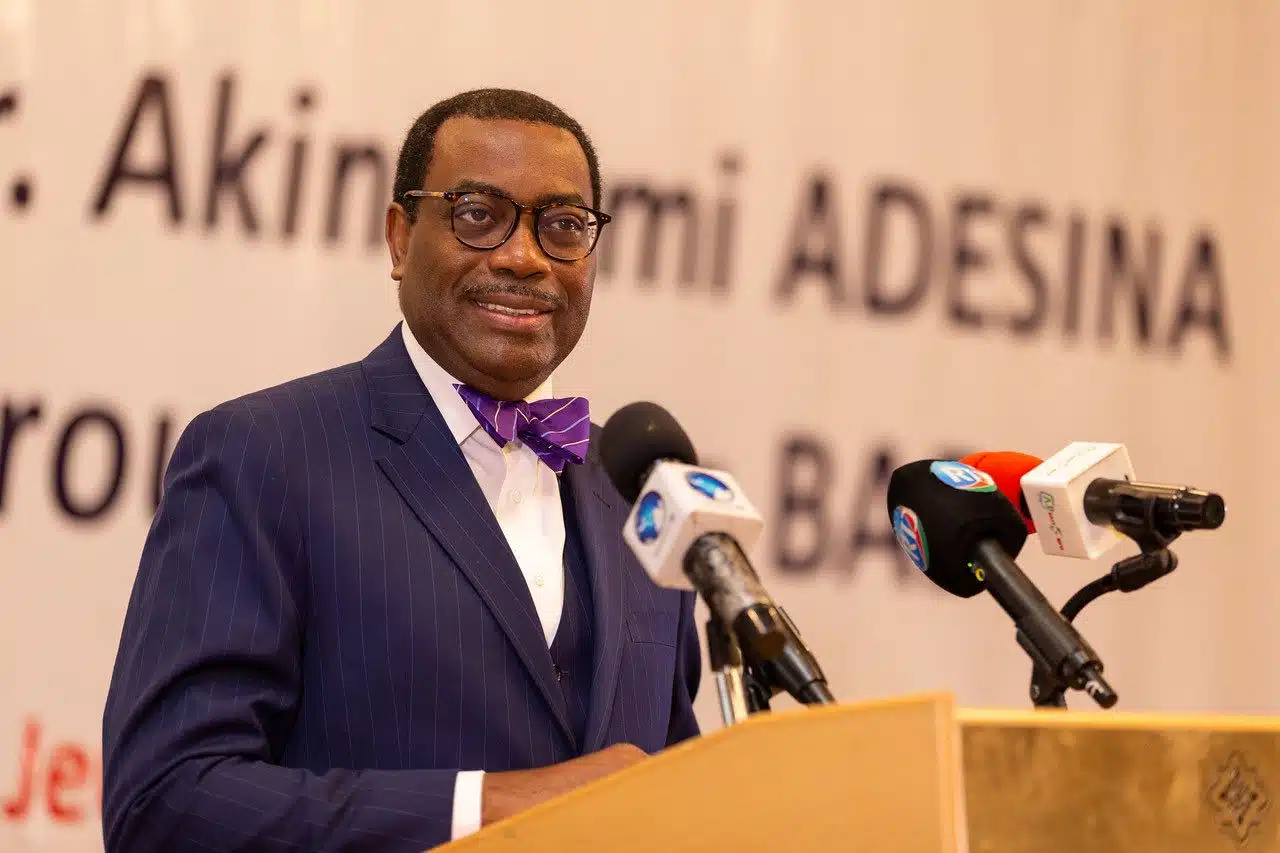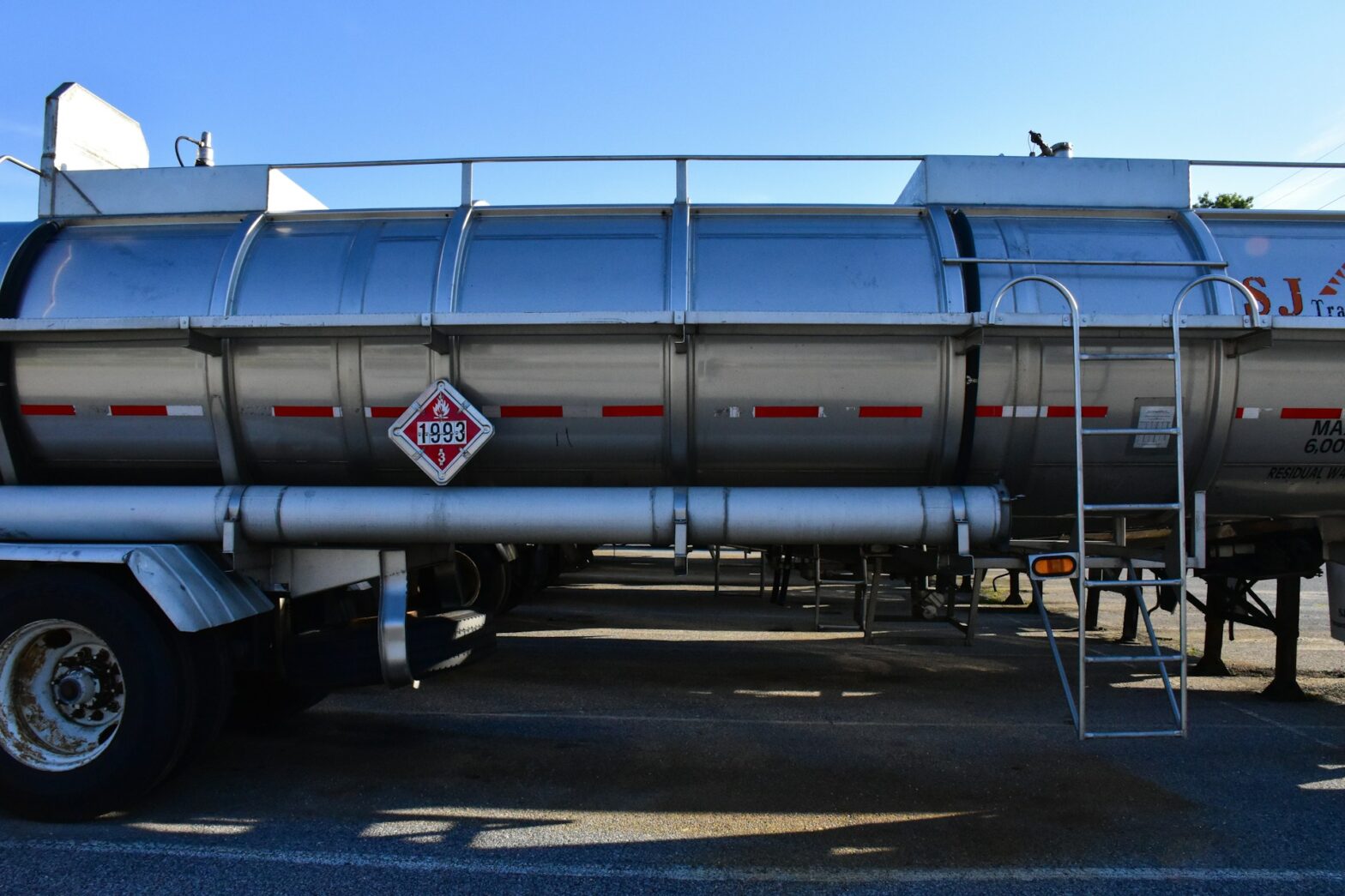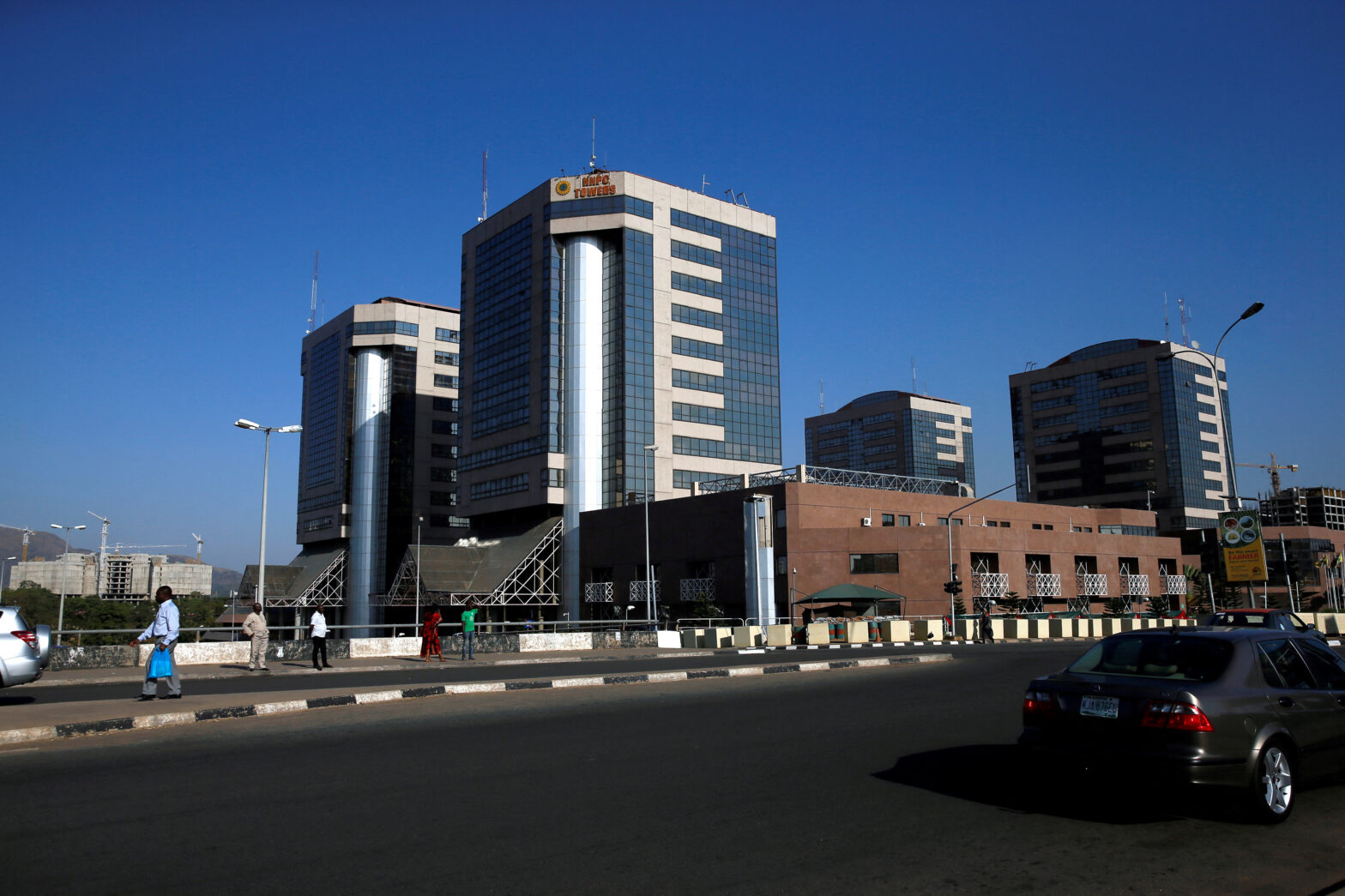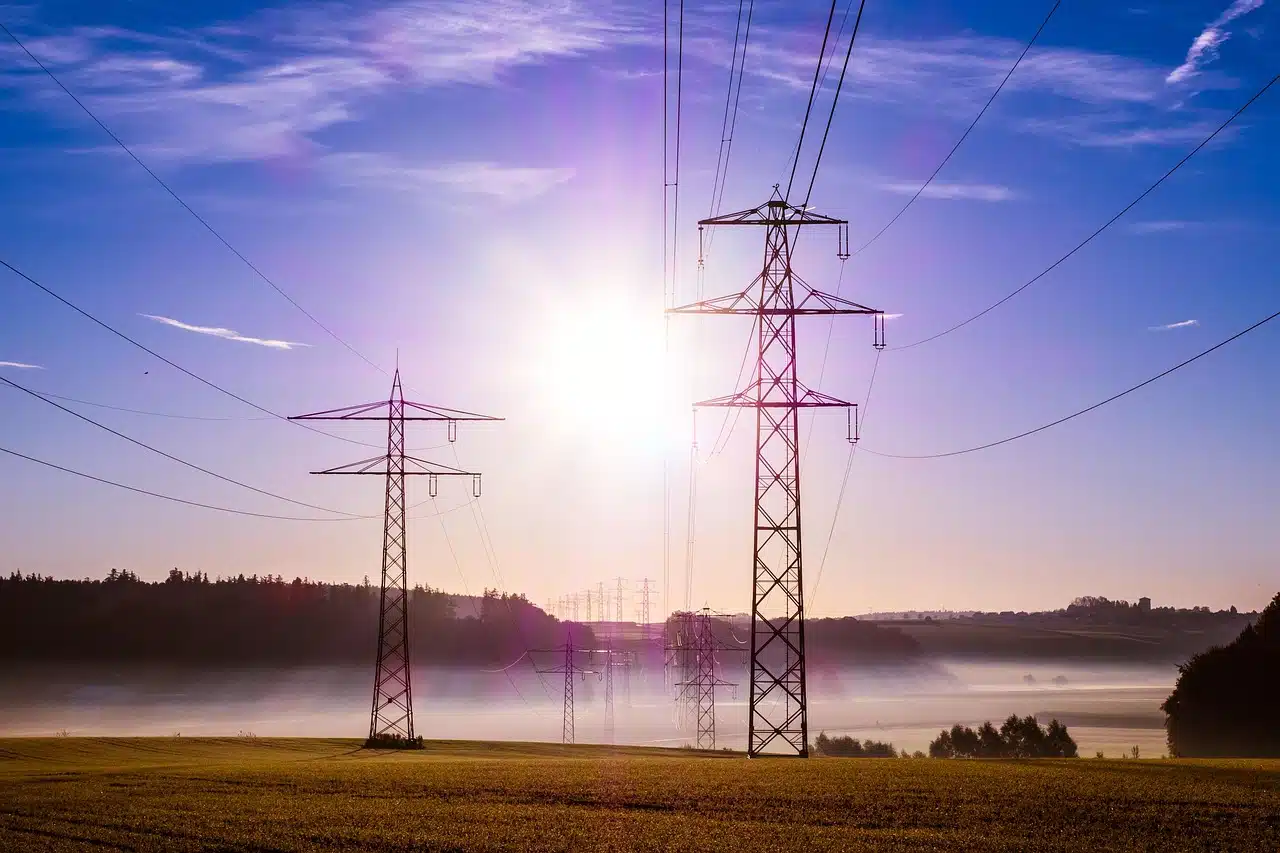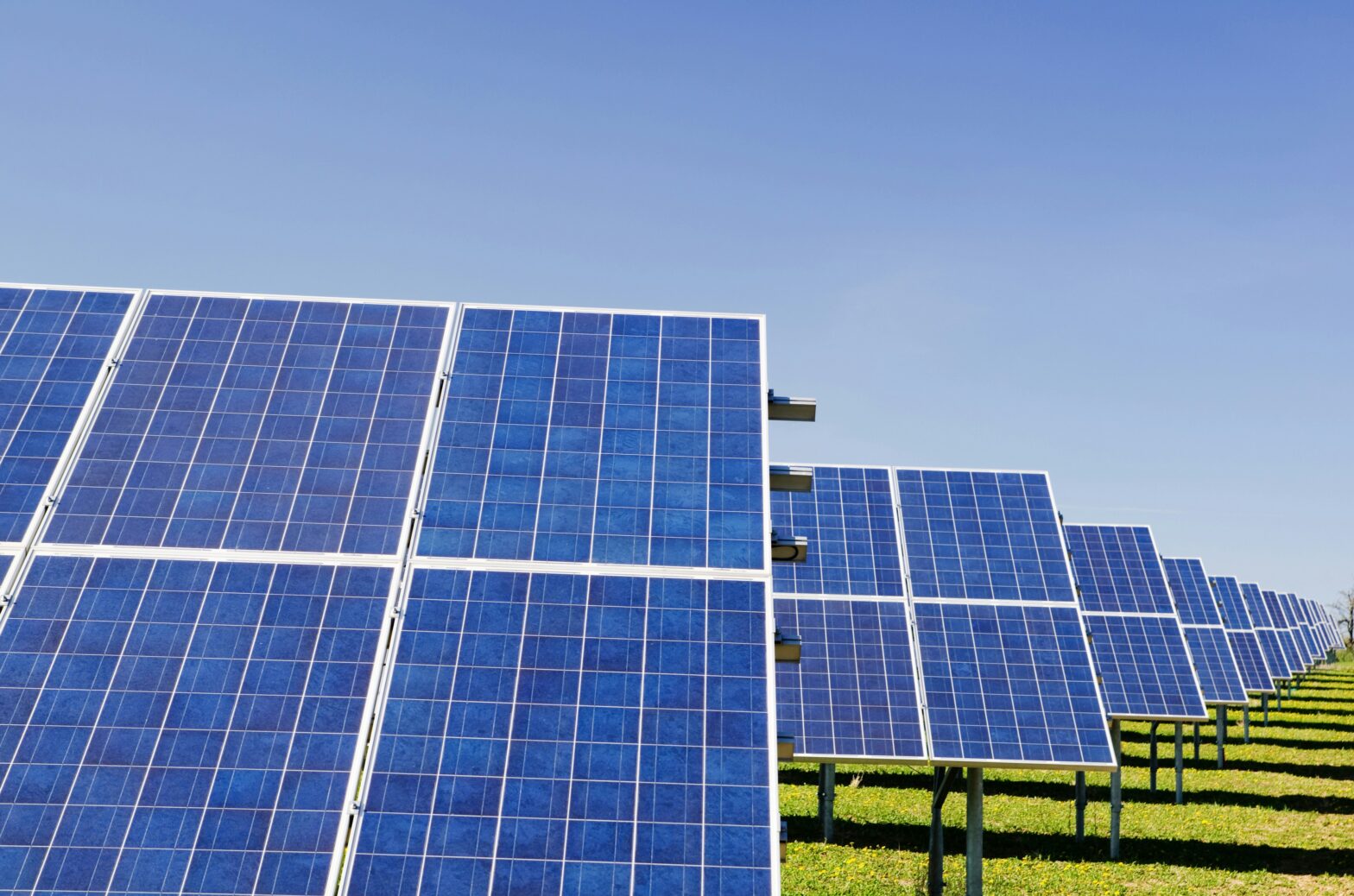Africa’s biggest economies are not only driving the continent’s growth but are also home to some of its most influential electricity companies.
These energy providers are the backbone of development, powering industries, homes, and infrastructure across nations.
From Nigeria’s Ikeja Electric to South Africa’s Eskom, these companies are at the forefront of ensuring reliable energy access while navigating challenges such as rising demand, infrastructure gaps, and the transition to renewable sources.
Their operations are critical to sustaining economic momentum and improving the quality of life for millions.
In Nigeria, Africa’s largest economy, companies like Ikeja Electric and Eko Electricity Distribution Company (DisCos) are working to meet the energy needs of a rapidly growing population.
Meanwhile, South Africa’s Eskom, one of the continent’s most prominent power utilities, plays a central role in keeping the nation’s industrial and commercial sectors running.
In Egypt, the Egyptian Electricity Holding Company oversees a vast network that supports the country’s ambitious development projects, while Algeria’s Sonelgaz is driving energy innovation and expansion in North Africa.
These companies are more than just utilities.
They are pillars of their respective economies. They drive progress and help shape the future of the continent.
The top electricity companies across Africa’s top five largest economies are discussed below:
South Africa
South Africa’s major electricity company is Eskom Holdings.
The utility company was established under the Companies Act of 2008 and is a state-owned company (SOC) wholly owned and operated by the South African government.
Eskom operates 30 power stations with a total nominal capacity of 46,788 megawatts (MW). It also manages over 405,000 power lines and cables.
However, Eskom has been struggling with power cuts and load shedding in recent times.
These challenges stem from low power output, aging infrastructure, and a lack of investment. Poor liquidity, driven by the absence of cost-reflective tariffs, has further worsened the situation.
Despite these issues, Eskom remains the primary electricity provider for most of South Africa’s 63 million people.
Recently, the company made significant progress, completing ten months without load shedding and boosting its power output.
Egypt
In Egypt, the Egyptian Electricity Holding Company (EEHC) plays a central role in the nation’s power sector.
Established in 2000 under Law 164, the EEHC replaced the Egyptian Electricity Authority, taking on the responsibility of managing and expanding the country’s electricity infrastructure.
The company provides electricity services to around 37.9 million subscribers, making it one of the largest power providers in the region.
In addition to its direct operations, the EEHC supervises several electricity distribution companies across Egypt.
Through this oversight, it ensures efficiency, reliability, and coordination within the country’s power distribution network.
The companies include South Cairo Electricity Distribution and North Cairo Electricity Distribution.
Others are Alexandria Electricity Distribution, South Delta Electricity Distribution, and North Delta Electricity Distribution.
Also on the list are Buhaira Electricity Distribution, Canal for Electricity Distribution, Middle Egypt Electricity Distribution, and Upper Egypt Electricity Distribution.
Egypt’s utility companies rely heavily on gas supply, primarily from the Zohr oilfield.
However, declining output has led to rising gas prices, which has severely impacted the country’s power generation and overall electricity output.
In response, Egypt has been left with no choice but to accelerate the adoption of solar energy as part of its energy mix.
This shift aims to strengthen the country’s power supply and reduce its dependence on gas.
Algeria
The North African country, Algeria, has one of the largest economies in Africa, with a gross domestic product (GDP) of $247.6 billion.
The country’s primary utility company, Sonelgaz, plays a crucial role in supporting this economic strength.
Established in 1969, Sonelgaz is a state-owned firm responsible for electricity and natural gas distribution.
Over the years, it has been a key driver in implementing Algeria’s national energy policy.
Sonelgaz’s contributions to rural electrification and public gas distribution have significantly expanded energy access.
As a result, the country now boasts an electricity coverage rate of 99%, serving 11.4 million customers.
Today, the Sonelgaz group consists of 11 subsidiary companies directly managed by the holding company.
It also operates 10 additional companies in partnership with third parties, further enhancing its reach and operational capacity.
Nigeria
In Nigeria, the 2013 privatization of the electricity sector marked a major shift in the country’s power industry.
As part of this reform, electricity distribution licenses were granted to various distribution companies across the nation.
These companies operate under the oversight of the Transmission Company of Nigeria (TCN) and the Nigerian Electricity Regulatory Commission (NERC).
This framework was designed to improve efficiency, accountability, and service delivery in the sector.
These distribution companies include:
The Benin Electricity Distribution Company (BEDC) is responsible for the retail distribution of electricity in Delta, Edo, Ekiti, and Ondo States.
The company operates through 27 business districts, with approximately 350 offices spread across the four states. These states are home to about 18 million people and nearly 4 million households.
As of September 2023, BEDC had an effective customer population of 1.2 million, reflecting its significant role in providing electricity services in the region.
Nigeria’s electricity distribution network is made up of several companies, each responsible for serving specific regions across the country.
In northern Nigeria, the Kaduna Electricity Distribution Company (KDEDC) supplies electricity to Kaduna, Kebbi, Sokoto, and Zamfara states.
It serves an estimated 800,000 customers out of over 2 million households. With a daily load allocation of about 8% from the national grid (roughly 300 MW).
The Kano Electricity Distribution Company (KEDCO) is responsible for distributing electricity to Kano, Katsina, and Jigawa states.
The Yola Electricity Distribution Company (YEDC) operates in the northeastern states of Adamawa, Borno, Taraba, and Yobe.
Licensed by the Nigerian Electricity Regulatory Commission (NERC), it distributes and sells electricity through 12 transmission stations serving these states.
The Jos Electricity Distribution Company (JEDC) covers Plateau, Gombe, Bauchi, and Benue states.
The utility firm serves over 400,000 customers.
JEDC operates through eight regional offices receiving about 7% of the national grid’s daily energy allocation (approximately 240 MW), distributed through eight transmission stations.
The Abuja Electricity Distribution Company (AEDC) delivers electricity across the Federal Capital Territory, as well as Kogi, Niger, and Nasarawa states.
AEDC is owned by a consortium led by the Transcorp Group.
In the southwestern region, the Ibadan Electricity Distribution Company (IBEDC) serves Oyo, Ogun, Osun, Kwara, and parts of Niger, Ekiti, and Kogi states, making it one of the largest distribution networks in the country.
The Ikeja Electricity Distribution Company (IEDC) caters to specific areas of Lagos State, operating 18,499 distribution substations and 396 feeders, ensuring power distribution across its designated zones.
The Eko Electricity Distribution Company (EKEDC) supplies power to the southern part of Lagos State and the Agbara community in Ogun State.
Its coverage is divided into 12 districts, including Lekki, Ajah, Apapa, and Festac.
EKEDC receives between 11% and 15% of the total energy allocation from the national grid, drawing bulk electricity from Akangba, Ajah, and Ikeja West transmission stations.
In the south-south region, the Port Harcourt Electricity Distribution Company (PHEDC) handles electricity distribution and infrastructure maintenance in Akwa Ibom, Bayelsa, Cross River, and Rivers states.
Its responsibilities include maintaining overhead and underground lines, electricity poles, and telecom equipment, as well as installing electricity meters.
The Enugu Electricity Distribution Company (EEDC) serves the five states in the South East geopolitical zone: Abia, Anambra, Ebonyi, Enugu, and Imo.
EEDC supports a customer base of approximately 1.3 million.
Together, these companies form the backbone of Nigeria’s electricity distribution system, ensuring power supply to millions of households and businesses across the country.
Ethiopia
Ethiopia is one of the leading economies in Africa, with a gross domestic product (GDP) of $156 billion. As the country continues to grow, its power sector plays a critical role in supporting industrialization and development.
At the heart of Ethiopia’s electricity industry is Ethiopian Electric Power (EEP), the sole provider of bulk electricity.
EEP supplies power mainly to the Ethiopian Electric Utility (EEU), direct industrial customers, and exports electricity to neighboring countries.
EEP manages a diverse energy portfolio, operating more than 12 hydropower plants and three wind power facilities distributed across the nation.
Together, these plants have an installed capacity of over 4,290 MW.
This includes the Gibe III plant, one of the country’s largest, with a capacity of 1,870 MW, currently under commissioning.
The company is also responsible for Ethiopia’s high-voltage transmission network.
It oversees more than 9,000 km of transmission lines, with voltage levels ranging from 500 kV to 132 kV.
In addition, EEP operates over 90 substations, ensuring efficient and stable electricity distribution across the country.

